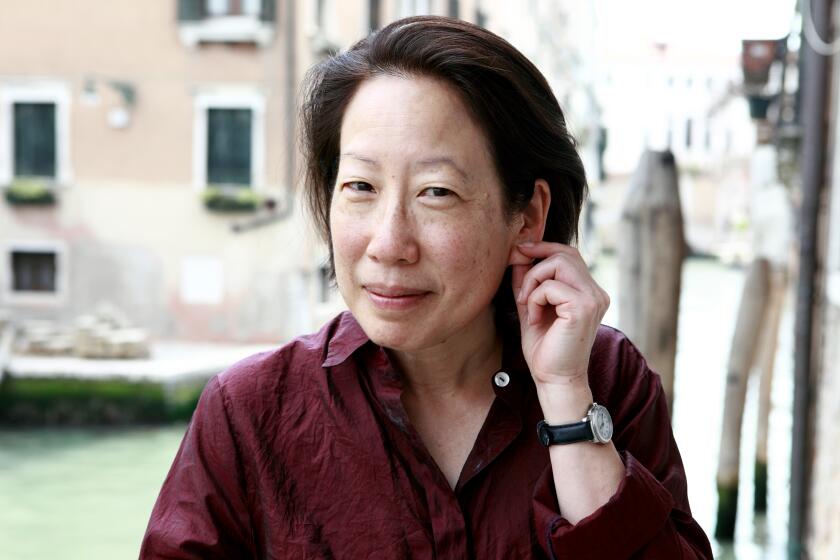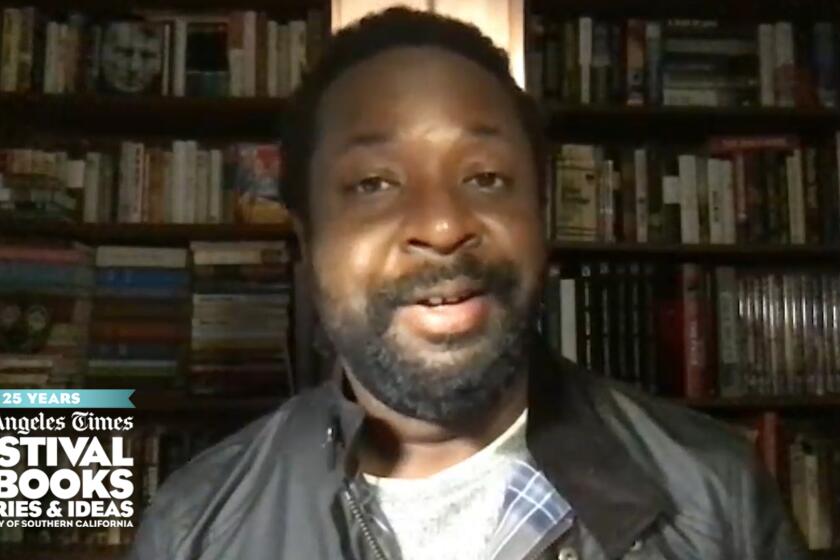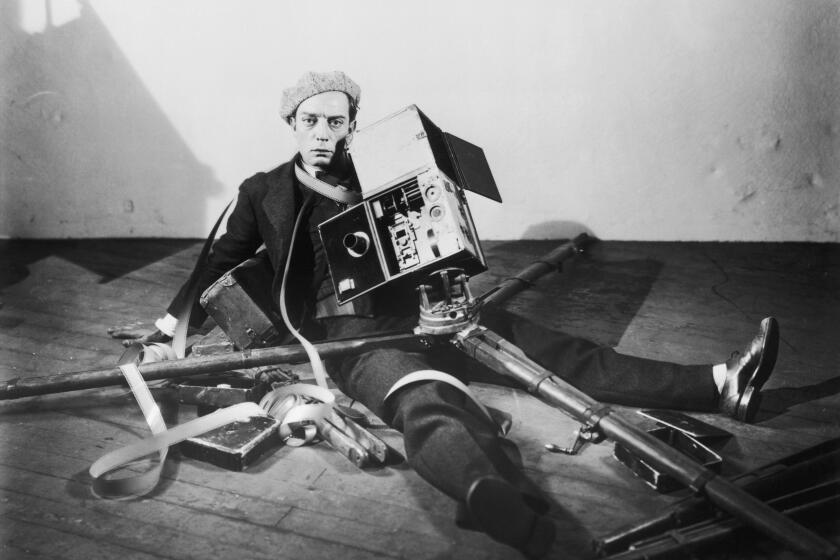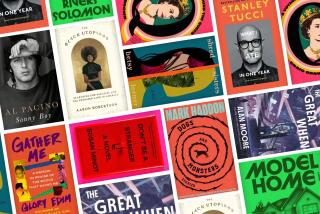10 books to add to your reading list in February
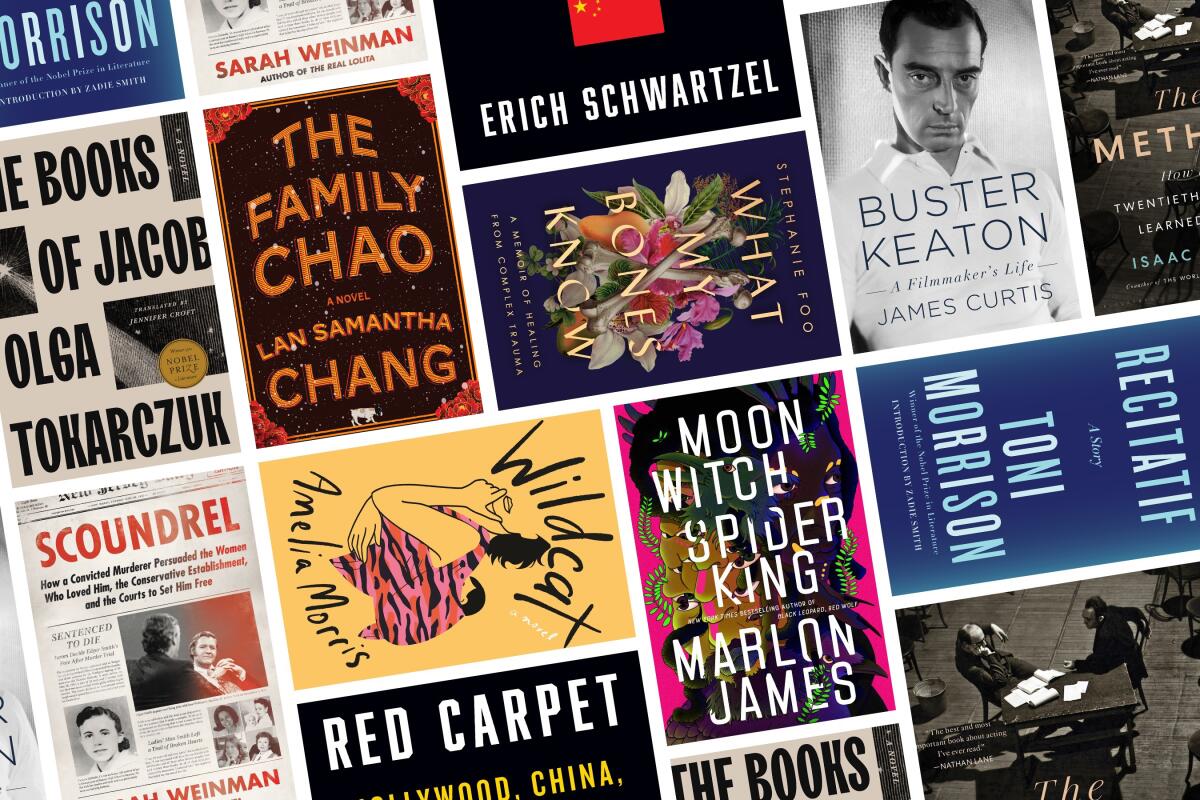
10 Books to Look Out for in February
If you buy books linked on our site, The Times may earn a commission from Bookshop.org, whose fees support independent bookstores.
Critic Bethanne Patrick recommends 10 promising titles, fiction and nonfiction, to consider for your February list.
Just in time to soothe your winter doldrums, these books run the gamut: from world-building African fantasy to marrow-deep memoir; from a late Nobel Prize-winner’s only short story to a living laureate’s immersive historical epic; and from a biography of a comedic star of Hollywood’s silent era to a chronicle of China’s Hollywood takeover. That’s a lot of storytelling for a short month.
Bethanne Patrick’s January picks cover train wrecks, political drama, enraging inequality, the complications of polyamory and the joy of the ampersand.
……
FICTION
Recitatif
By Toni Morrison
Knopf: 96 pages, $16
(Feb. 1)
With an introduction by Zadie Smith, Morrison’s only piece of short fiction, from 1983, is published for the first time. “Recitatif” concerns two female characters — one white, one Black — but the reader never knows which is which. Twyla and Roberta met at age 8 in a shelter and meet again three times as they grow older: at a diner, in a grocery store and during a protest. Slowly and yet all at once, a portrait of racial injustice in the United States takes shape.
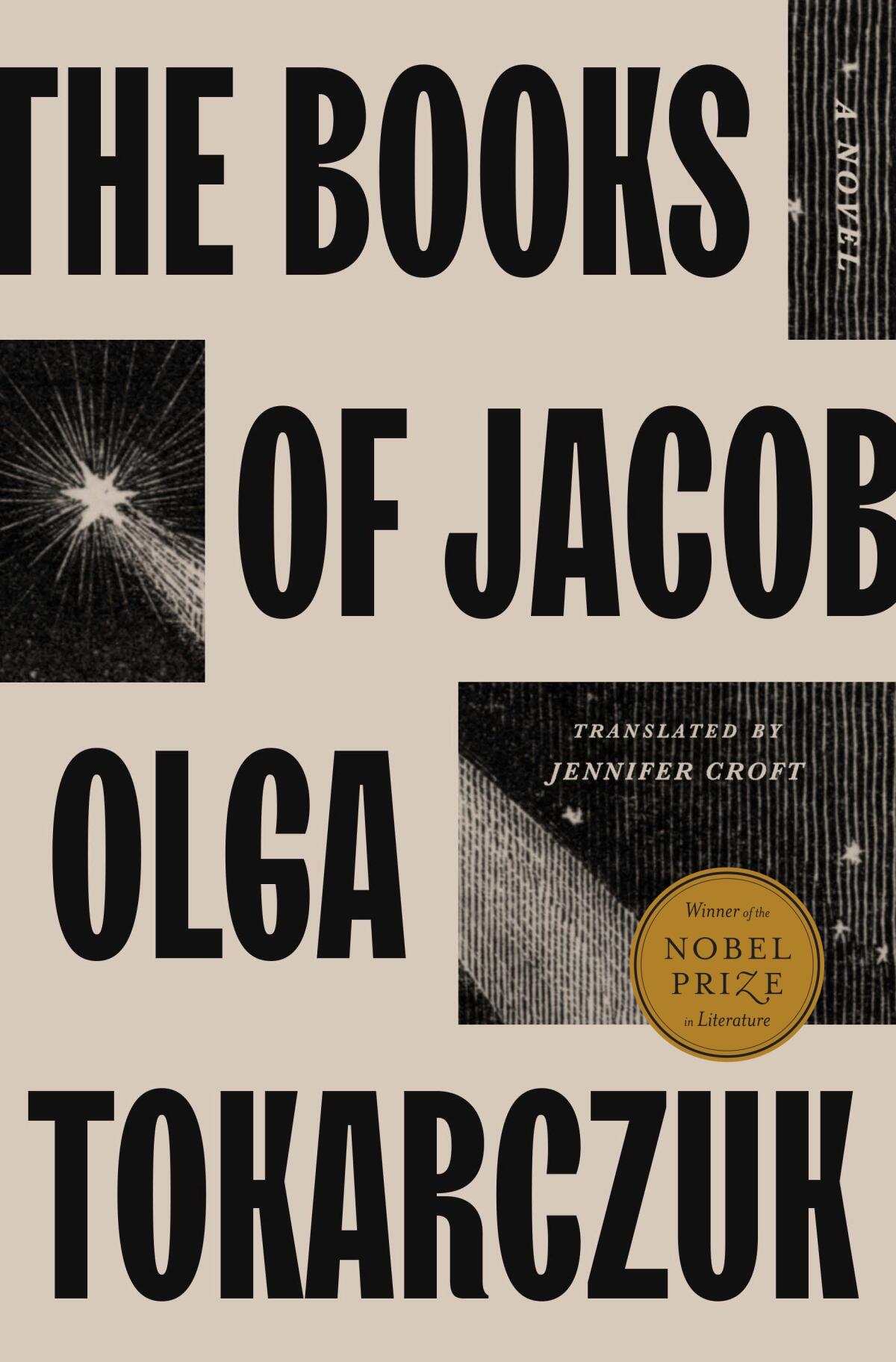
The Books of Jacob
By Olga Tokarczuk
Translated by Jennifer Croft
Riverhead: 992 pages, $36
(Feb. 1)
When real-life 18th-century merchant Jacob Frank declares himself the Messiah, all heaven breaks loose: Jacob urges his flock to engage a witches’ brew of forbidden behaviors, including adultery. Polish novelist Tokarczuk’s magnum opus is magnum-sized, but she moves so easily between discourse and description that readers will happily follow the three perspectives involved, from Frank to his besotted followers.
The Family Chao
By Lan Samantha Chang
Norton: 320 pages, $28
(Feb. 1)
The author (“All Is Forgotten, Nothing Is Lost”) and director of the famed Iowa Writers’ Workshop turns the tired truism about every town having a Chinese restaurant on its head in a new novel set in Haven, Wis. After Leo Chao, the owner-patriarch of Fine Chao, is found dead, locals refer to his three sons as “the Brothers Karamahjong” — and because Chang knows her Dostoyevsky, this isn’t just a slur but also the sturdy scaffolding of a beautifully executed plot.
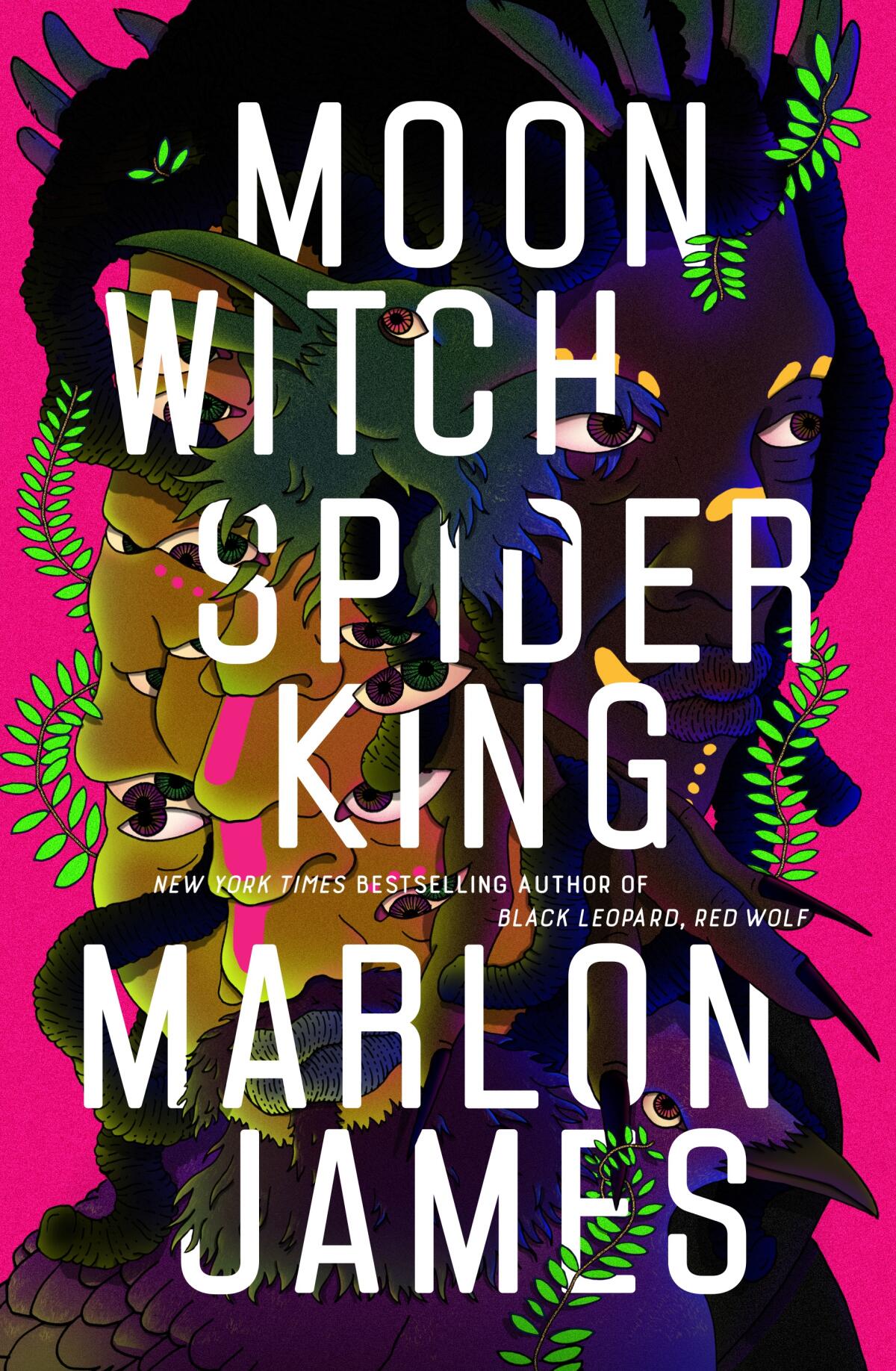
Moon Witch, Spider King
By Marlon James
Riverhead: 656 pages, $30
(Feb. 15)
Book 2 of the highly versatile Jamaican-born novelist’s Dark Star Trilogy proves he’s shaken off the “Game of Thrones” comparisons that were foisted on Book 1, “Black Leopard, Red Wolf.” Sogolon, the 177-year-old Moon Witch, starts her story long before the events of the first volume (in which she appeared), allowing readers to understand not just why and how she set out on her path but also why and how ambitious fantasy can help us unpack trauma.
Marlon James chats during the Festival of Books about his novel, “Black Leopard, Red Wolf,” winner of The Times’ 2019 Ray Bradbury Prize.
Wildcat
By Amelia Morris
Flatiron: 304 pages, $28
(Feb. 22)
The L.A.-based writer captures a lot about the city’s pandemic Zeitgeist in a novel about vaccinations — for a measles outbreak. When Leanne Hazelton realizes her frenemy Regina Mark’s anti-vaxx beliefs provide Leanne with an opening to raise her social-media profile, high jinks ensue, but so do a lot of smart observations about how careers and parenting can change friendships between young women for the worse.
……
NONFICTION
The Method: How the Twentieth Century Learned to Act
By Isaac Butler
Bloomsbury: 512 pages, $30
(Feb. 1)
Founded by Konstantin Stanislavski, the system of naturalistic acting eventually encompassed by the term the Method has held sway over several generations of actors, from Marlon Brando to Robert De Niro and Ellen Burstyn (and recently and notoriously, Jeremy Strong). Characterized by extreme devotion to character study, the system can both inspire and shatter its devotees. Butler, an author, podcaster and performer, thoroughly documents not only its evolution but also its revolutionary social impact.
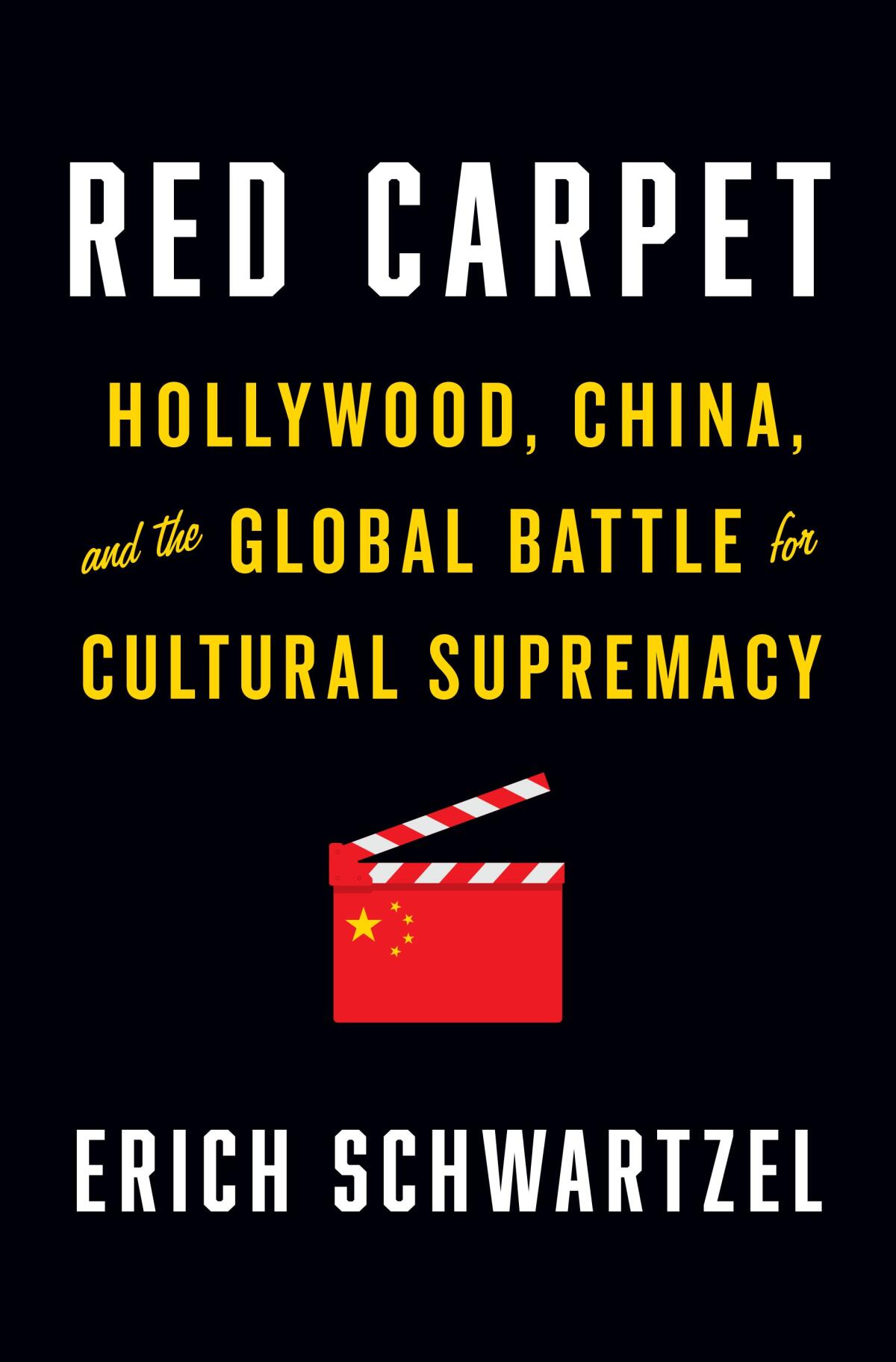
Red Carpet: Hollywood, China, and the Global Battle for Cultural Supremacy
By Erich Schwartzel
Penguin Press: 400 pages, $28
(Feb. 8)
Ask Americans how China figures into the global economy and they might consider mass-market goods and political machinations — without realizing how much the supposedly soft power of moviemaking factors in. Schwartzel, who reports on the film industry for the Wall Street Journal, reveals how closely tied the U.S. and China are through entertainment — and how the latter is gaining the upper hand.
Buster Keaton: A Filmmaker’s Life
By James Curtis
Knopf: 832 pages, $40
(Feb. 15)
January saw the release of “Camera Man: Buster Keaton, the Dawn of Cinema, and the Invention of the Twentieth Century” by Dana Stevens, and now comes a landmark biography from Curtis (author of definitive bios of Spencer Tracy and W.C. Fields, among others). Keaton’s career in the limelight (he started performing at age 3) and his innovations in moving pictures should keep readers riveted.
Dana Stevens and James Curtis, authors of “Camera Man” and “Buster Keaton: A Filmmaker’s Life,” argue for the silent film star’s enduring appeal.
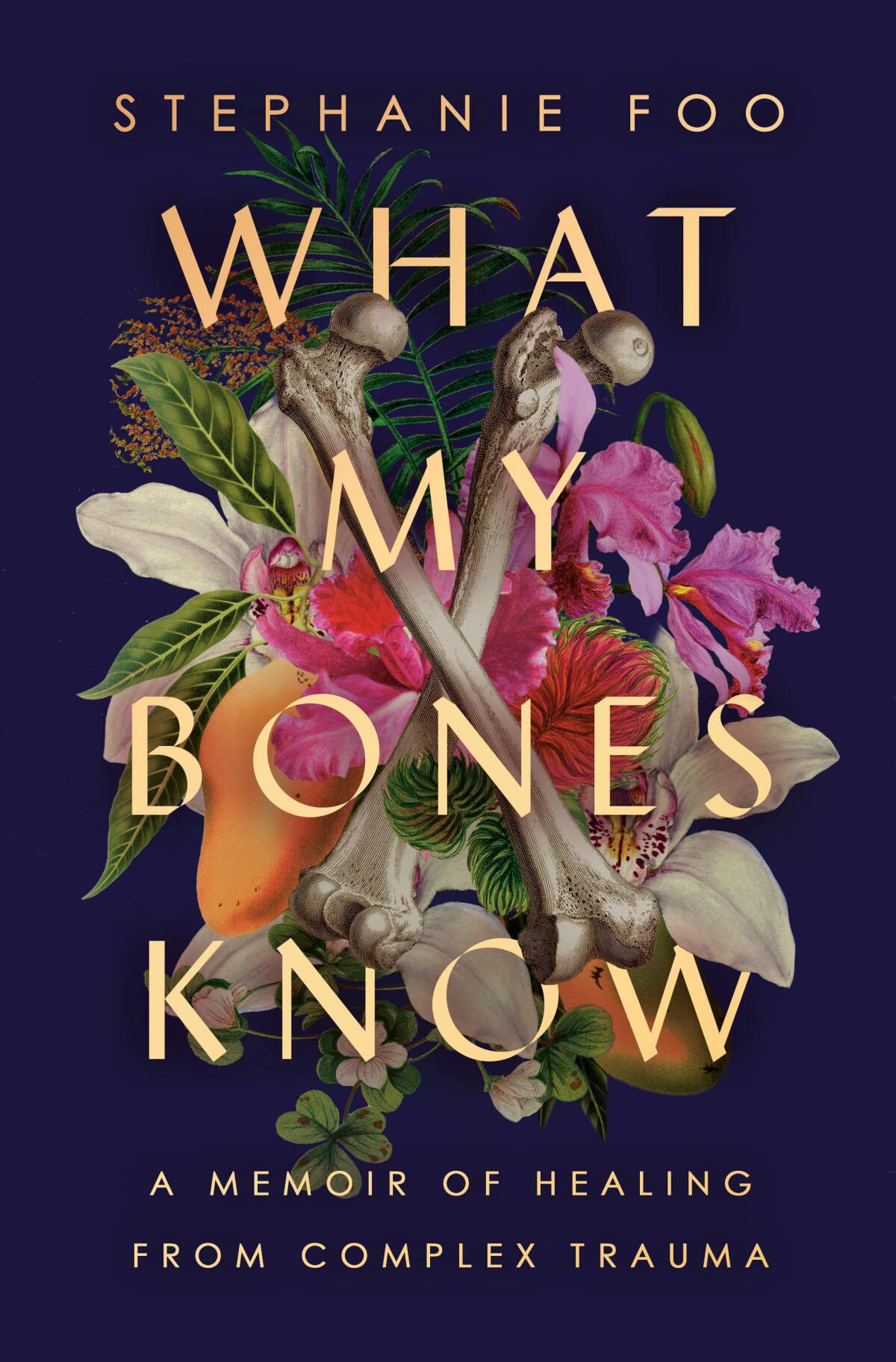
What My Bones Know: A Memoir of Healing From Complex Trauma
By Stephanie Foo
Ballantine Books: 352 pages, $28
(Feb. 22)
Complex Post-Traumatic Stress Disorder can be difficult to diagnose. Foo, a “This American Life” producer, learned from her therapist that she probably had experienced “continual abuse — trauma that has occurred over a long period of time, over the course of years.” She quit her job and undertook a journey through her past to find out more about that trauma, describing her “redemption arc” in this memoir.
Scoundrel: How a Convicted Murdered Persuaded the Women Who Loved Him, the Conservative Establishment, and the Courts to Set Him Free
By Sarah Weinman
Ecco: 464 pages, $29
(Feb. 22)
Edgar Smith convinced so many influential people — including conservative pundit William F. Buckley Jr. — that he was innocent of the 1950s murder of a teenage girl that he was set free, gaining fame as the author of “Brief Against Death.” But in 1976, he was sentenced for a kidnapping that nearly ended with a second homicide. Weinman, rightly acclaimed for “The Real Lolita,” again examines the misogyny inherent in true-crime culture, then and now.
More to Read
Sign up for our Book Club newsletter
Get the latest news, events and more from the Los Angeles Times Book Club, and help us get L.A. reading and talking.
You may occasionally receive promotional content from the Los Angeles Times.
